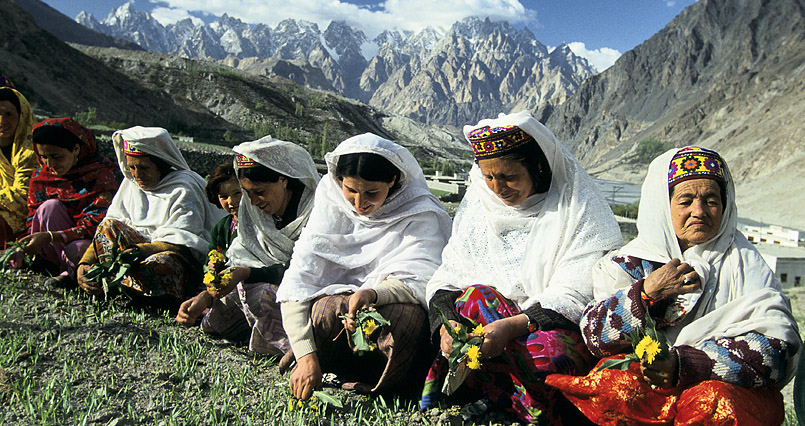Women’s inheritance and female empowerment

(Source: World Bank/ Curt Carnemark)
Focus of the study
This study examines changes in the overall agency of women in Pakistan who receive inheritance in the form of higher autonomy, more control and access to finances and resources, or improved bargaining power.
Unfortunately, there is no single dataset that can help determine the changes in female agency before and after inheritance, given that this is sensitive information that survey designers are hesitant to include. Our study includes a survey within villages in Pakistan to create a dataset containing information on parental and marital inheritance, and on measures of gender norms and roles in the society. We collect household level information on employment and education, pertaining to each member of the household. In addition, we gather information on parental and marital background for both the husband and wife, and information on pre-marriage assets, transfers at marriage, inheritance, and indicators of women’s mobility and decision-making in the household. We also collect information on wealth shocks, which could affect the parental and marital transfers to women. Our main measure of a wealth shock is the 2010 flood, which affected most of our sample villages.
Our focus is on understanding whether female inheritance leads to an average decrease in association to gender specific roles like cooking, cleaning and child care, versus an increased association with roles like working outside the house, opting for more education and skill formation, more control over financial and physical assets, etc.
Broader motivation for the research
The relationships between asset ownership and reduced poverty and enhanced security have been extensively researched, as has the relationship between asset accumulation and economic and political power. The area that has only recently garnered attention is that women may not share in the wealth of men, even within the same household or family. Women in Pakistan do have the legal right to inherit family’s wealth, yet they rarely exercise their rights. Although Pakistan’s Family Laws Ordinance 1961 entitles women to inherit immovable and movable property, the practice has been to deny women their share in inheritance, particularly if it is land in which case their entire claim would often be denied. This is especially true in rural Pakistan, where the tribal nature of social organisation undermines inheritance rights. When women do inherit property, it is typically controlled by their male heirs (Mehdi, 2002).
The research aims to discover new insights into the impact of inheriting property upon changing gender norms and female agency in Pakistan.
Research team
- Stephan Klasen, Professor of Development Economics at the University of Göttingen
- Sarah Khan, Research fellow at the University of Göttingen
- Atika Pasha, Research fellow at the University of Mannheim




